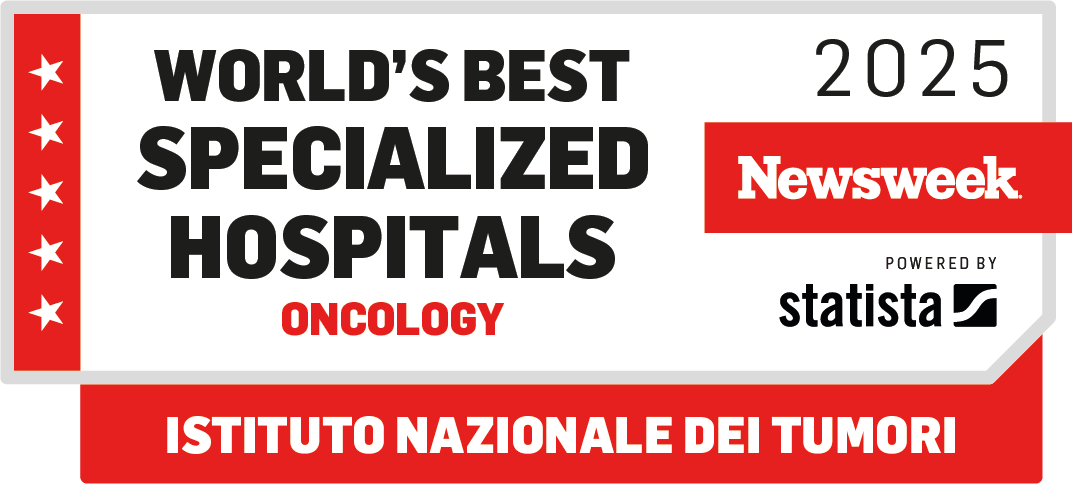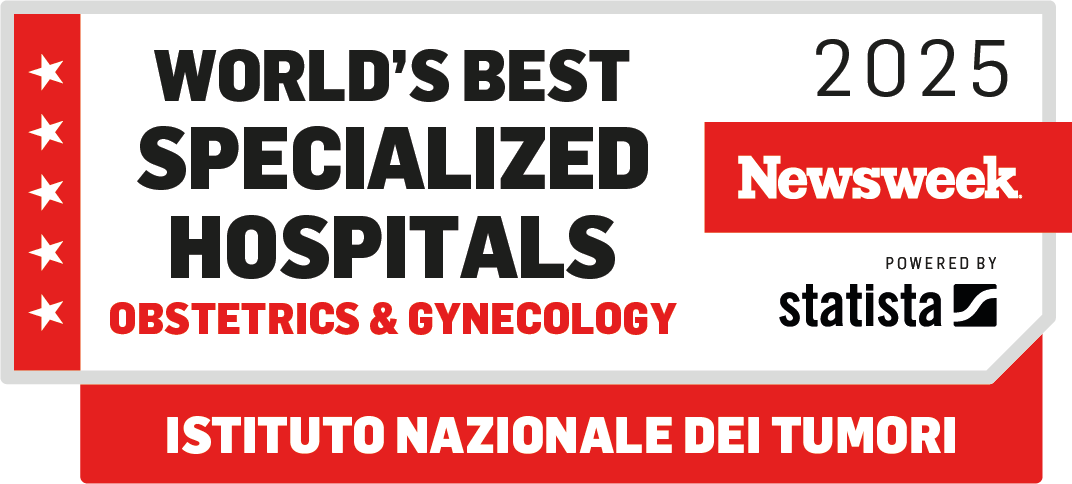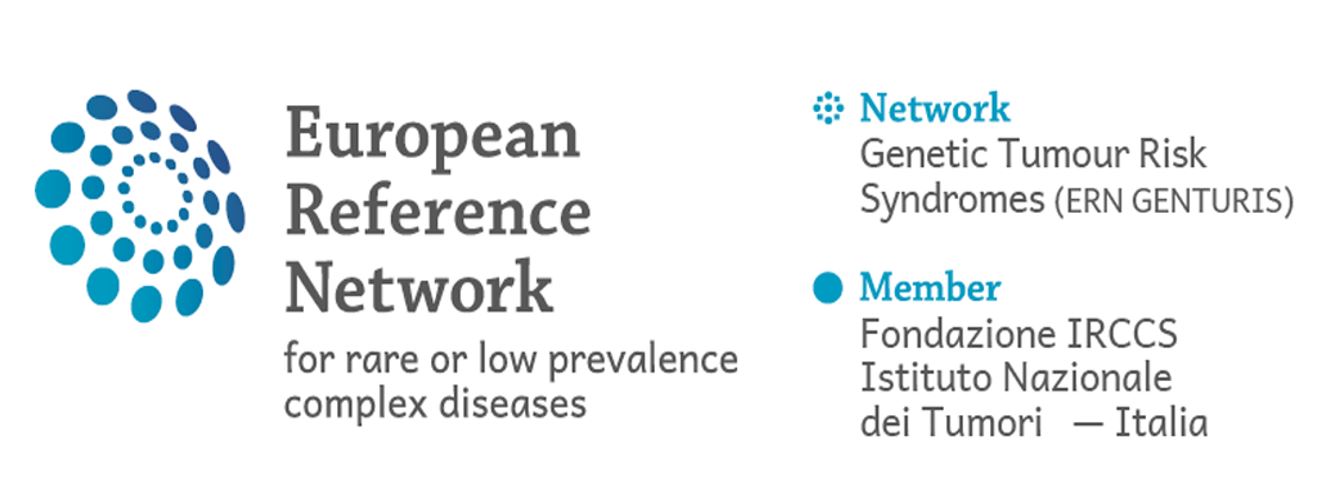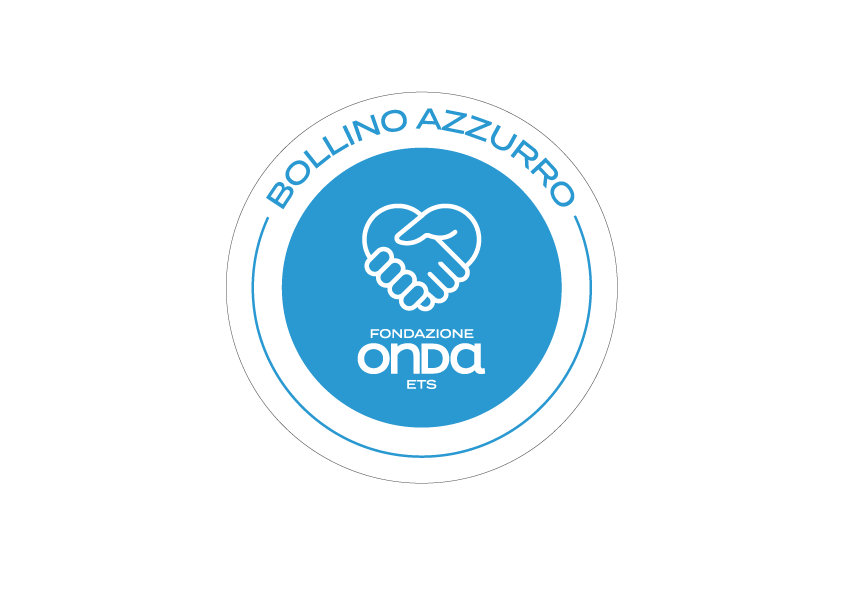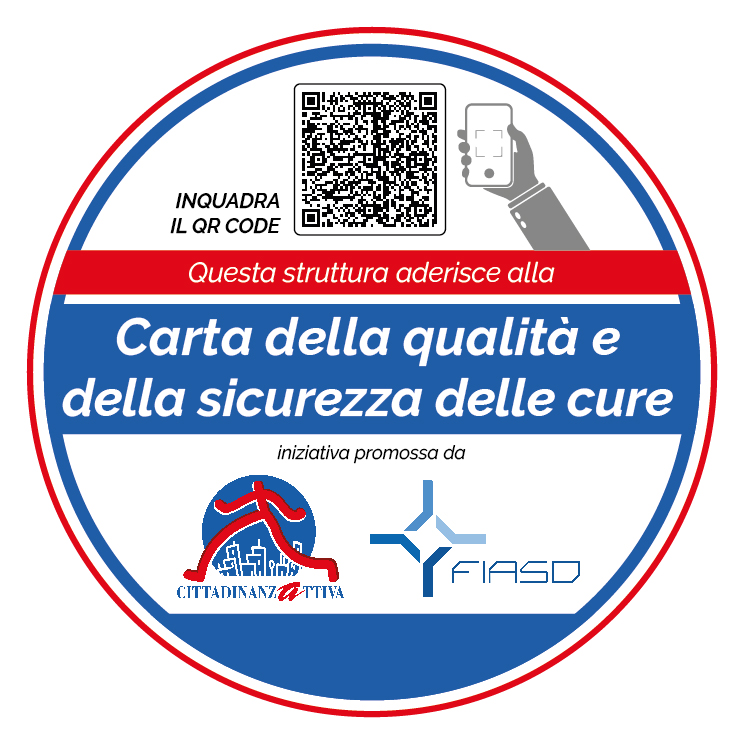Dipartimento Epidemiologia e Data Science
Department of Epiemiology and Data Science
Descrizione:
The mission of the department is the implementation of studies aimed both at guiding cancer prevention and control programs and policies and at supporting clinical decisions and therapeutic strategies, through methods and data based on a solid, scientific and innovative approach.
There are two areas within the department:
1. Epidemiological Area:
integrates traditional and molecular epidemiology, exploiting the growing availability of different data (e.g.omics, administrative data, secondary use of medical and electronic health records, etc.) and aiming at methodological innovation (e.g.data interoperability solutions, innovative mathematical models, use of artificial intelligence etc.). This area, that represents a landmark both in Italy and in Europe, refers to the European Health Data Space to strengthen collaborations and promote studies on:
• cancer aetiology, risk and prevention
• natural history, prognostic and predictive factors, also to guide clinical decision making
• cancer burden and organization of health services
2. Statistics / Data Science Area:
it promotes the use of multidisciplinary methodologies and techniques suitable for extracting information from data on the basis of biomedical, computer and mathematical-statistical skills.
These activities carried out collaborating with the researchers of the Institute or in the context of national and international studies in the areas of cancer diagnosis, therapy and prognosis, as well as in in-vitro and in-vivo experiments in the context of experimental research. The researchers of this area are also involved in the application of statistical methodologies to develop innovative technologies and in the training activity for researchers with a clinical / biological or statistical / bioinformatic profile.
Department of Epiemiology and Data Science
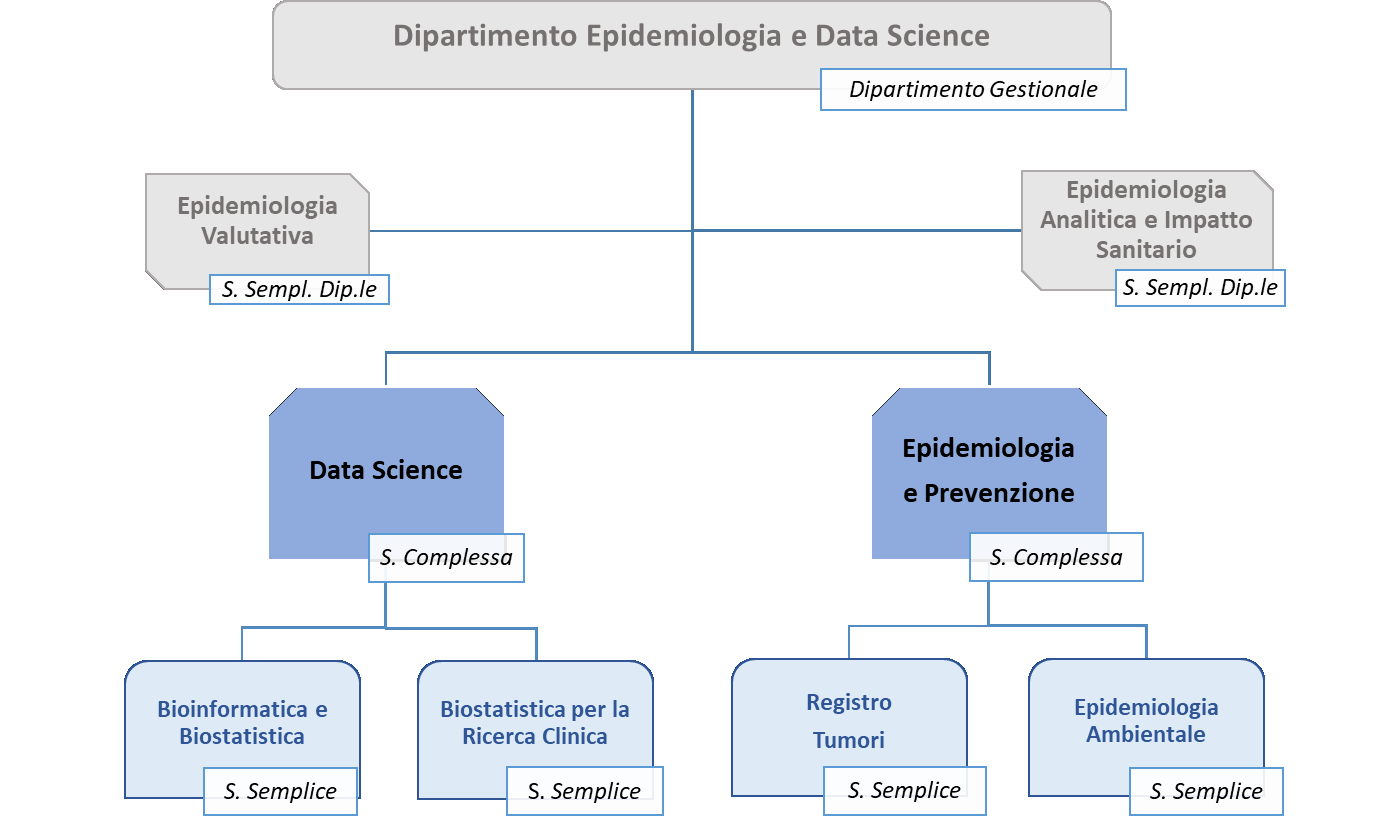
The mission of the department is the implementation of studies aimed both at guiding cancer prevention and control programs and policies and at supporting clinical decisions and therapeutic strategies, through methods and data based on a solid, scientific and innovative approach.
There are two areas within the department:
1. Epidemiological Area:
integrates traditional and molecular epidemiology, exploiting the growing availability of different data (e.g.omics, administrative data, secondary use of medical and electronic health records, etc.) and aiming at methodological innovation (e.g.data interoperability solutions, innovative mathematical models, use of artificial intelligence etc.). This area, that represents a landmark both in Italy and in Europe, refers to the European Health Data Space to strengthen collaborations and promote studies on:
• cancer aetiology, risk and prevention
• natural history, prognostic and predictive factors, also to guide clinical decision making
• cancer burden and organization of health services
2. Statistics / Data Science Area:
it promotes the use of multidisciplinary methodologies and techniques suitable for extracting information from data on the basis of biomedical, computer and mathematical-statistical skills.
These activities carried out collaborating with the researchers of the Institute or in the context of national and international studies in the areas of cancer diagnosis, therapy and prognosis, as well as in in-vitro and in-vivo experiments in the context of experimental research. The researchers of this area are also involved in the application of statistical methodologies to develop innovative technologies and in the training activity for researchers with a clinical / biological or statistical / bioinformatic profile.
(+39) 02.2390 2238
(+39) 02.2390 2764















